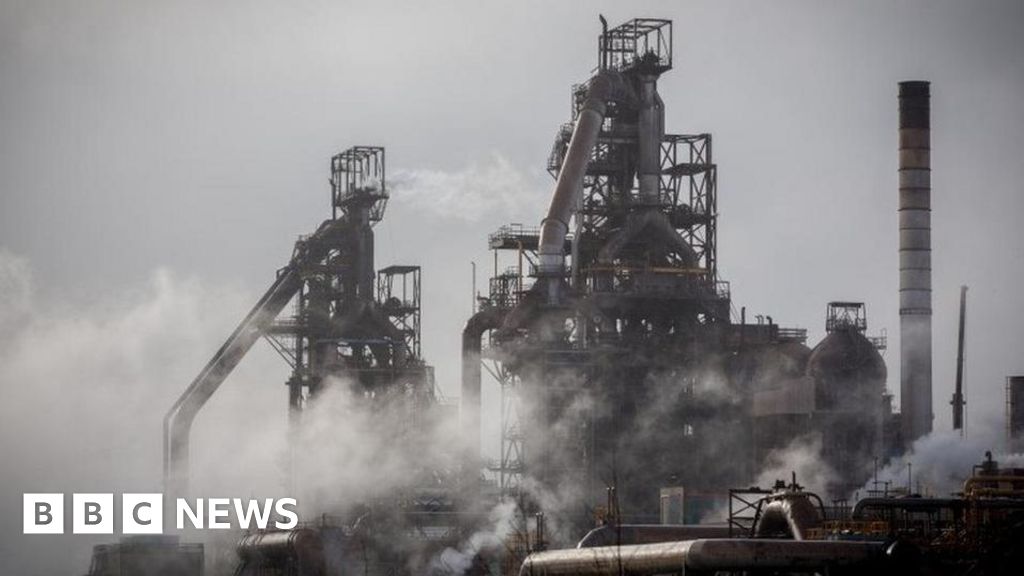Tata Steel starts voluntary redundancy process

Tata Steel has started asking its employees if they would accept voluntary redundancy, the UK government has said after a meeting of its transition board.
The company is asking for expressions of interests from employees in a process that will run until 7 August.
UK government ministers are in negotiations to try to save jobs at the steel giant, which is planning to lose 2,800 posts.
Tata will close the second of its Port Talbot blast furnaces in September, citing losses of £1m a day.
On Thursday the recently installed Labour Welsh Secretary Jo Stevens held her first meeting as chair of the Tata Steel transition board, set up by the previous Conservative UK government to support people and businesses affected by the plans.
It includes representatives of unions, businesses, the Welsh government and local politicians.
She said she has commissioned a “rapid assessment of how we can offer immediate support”.
“We will work collaboratively with a single focus to support our steel industry and affected communities,” she said.
“But businesses and workers are already feeling the impact of Tata Steel’s transition. The time for talking is over.”
The UK government said that Tata Steel had “re-confirmed its commitment to offer an enhanced redundancy package.”
It added that it had begun asking for expressions of interests from employees which will run to 7 August.
Tata Steel has closed one of its blast furnaces, and plans to close its second in September, as part of moving to greener production.
The previous Conservative government pledged £500m to Tata Steel towards the cost of a new £1.25bn electric arc furnace, which will melt scrap steel, and requires far fewer workers than traditional blast furnaces.
In a press statement the UK government said Tata will begin work with Bridgend College to offer production-based employees help to convert the skills gained at the company into nationally-recognised qualifications.
Related
Why investing in women is a vital next step for…
Get Nadine White's Race Report newsletter for a fresh perspective on the week's newsGet our free newsletter from The Independent's Race CorrespondentGet our fre
Business secretary signals major shift on electric car policy to…
In a determined effort to retain Nissan’s manufacturing presence in Britain, Business Secretary Jonathan Reynolds has vowed to implement “substantial c
Joint Statement: Business Secretary and Fujitsu Services Ltd
Business and Trade Secretary Jonathan Reynolds today (Friday 7 March) met chiefs for Fujitsu in Tokyo to begin talks over the cost of redress for victims of th
UK foreign secretary backs multilateral defence funding for Europe
UK foreign secretary David Lammy has said that a new multilateral fund will be needed to secure Europe’s defence as he confirmed that Britain is “open to”













